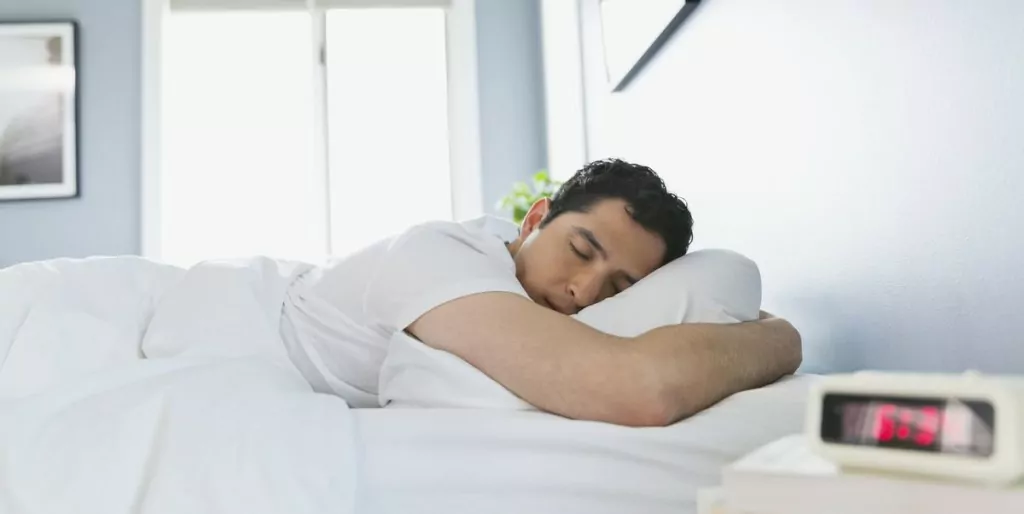
Sleep aids are rapidly growing in popularity across the globe, posting a compound annual growth rate (CAGR) of 6.5 percent between 2012 and 2017 to reach retail sales of US$2.3 billion in 2017, according to market research firm Euromonitor International. Driven by an increasingly stressed and sleepless consumer base, particularly in the developed world, sleep aids are expected to continue growing through 2022.
Stress and sleep management are essentially one in the same when looking at consumer response: lack of sleep leads to increased stress, which results in an increase in reported sleeplessness. As a stressed consumer base turns to over-the-counter (OTC) sleep aids for relief, products positioned to address both conditions will continue to grow in popularity.
Sleep Aids Among Fastest-Growing OTC Categories
Though retail sales of sleep aids amounted to just $2.3 billion in 2017—far below cough, cold and allergy remedies, which is the largest OTC category—sleep aids experienced strong growth over 2012-2017, second to emergency contraception, which posted a CAGR of 9.4 percent over the same period. Looking forward, sales of sleep aids are expected to post a CAGR of 2.6 percent globally through 2022, according to Euromonitor.
Sales of sleep aids are heavily affected by demographic and epidemiological factors, particularly in the developed world as consumers increasingly report higher levels of work- and family-related stressors as well as a decline in number of hours slept each night. As stress levels continue to increase, consumers will likely continue to turn to OTC sleep aids for relief.
Increasing Stress Levels
The most common sources for consumers’ increasing stress levels are their jobs, familial obligations and, often, pressure from peers or society to work harder and accomplish more to achieve perceived success. Surveys of consumers’ attitudes toward work/life balance and stress management activities indicate across global markets (though largely excluding the developing world), consumers report being more stressed and under more perceived pressure in 2016 than in previous years, and there is every reason to believe these attitudes will persist and strengthen in the coming years as well.
Since the market for sleep aids is tied so closely to stress management, any discussion of retail sales of products to promote sleep must necessarily include a discussion about the psychological health of the consumer base and their motivations for buying sleep aid products in the first place.
Read The Full Article HERE






